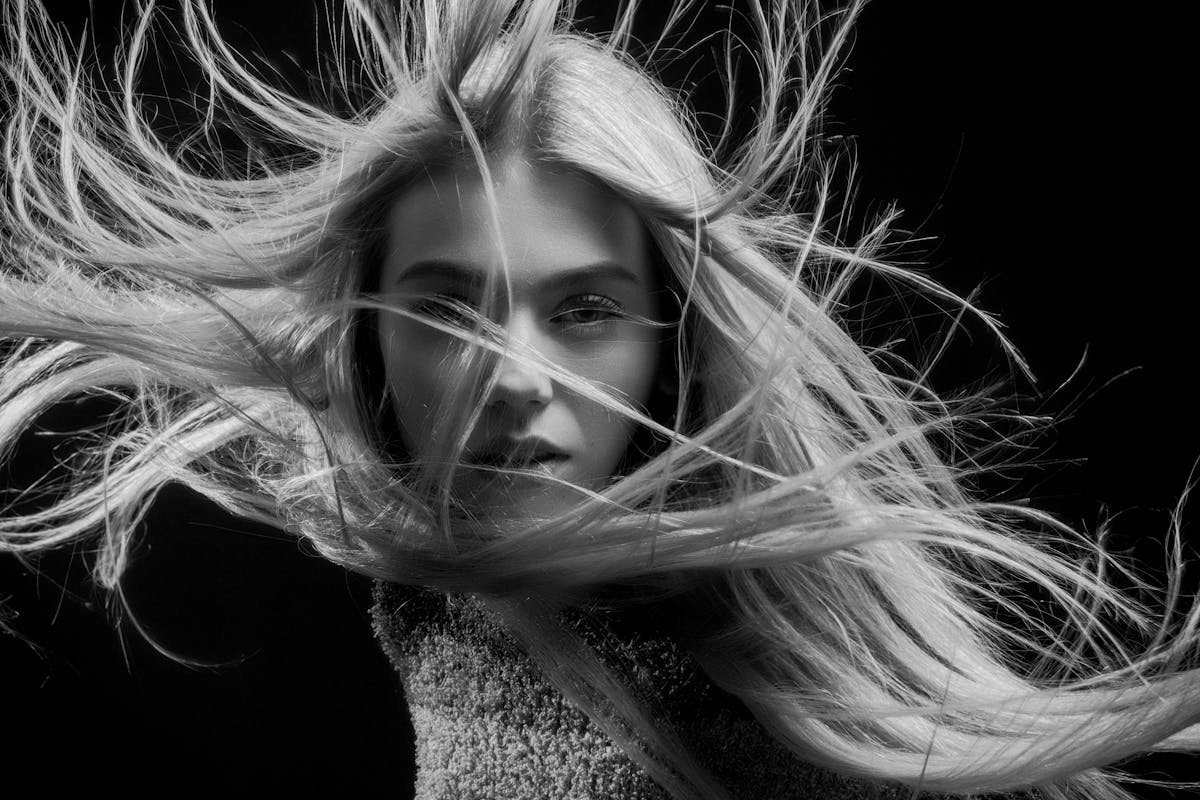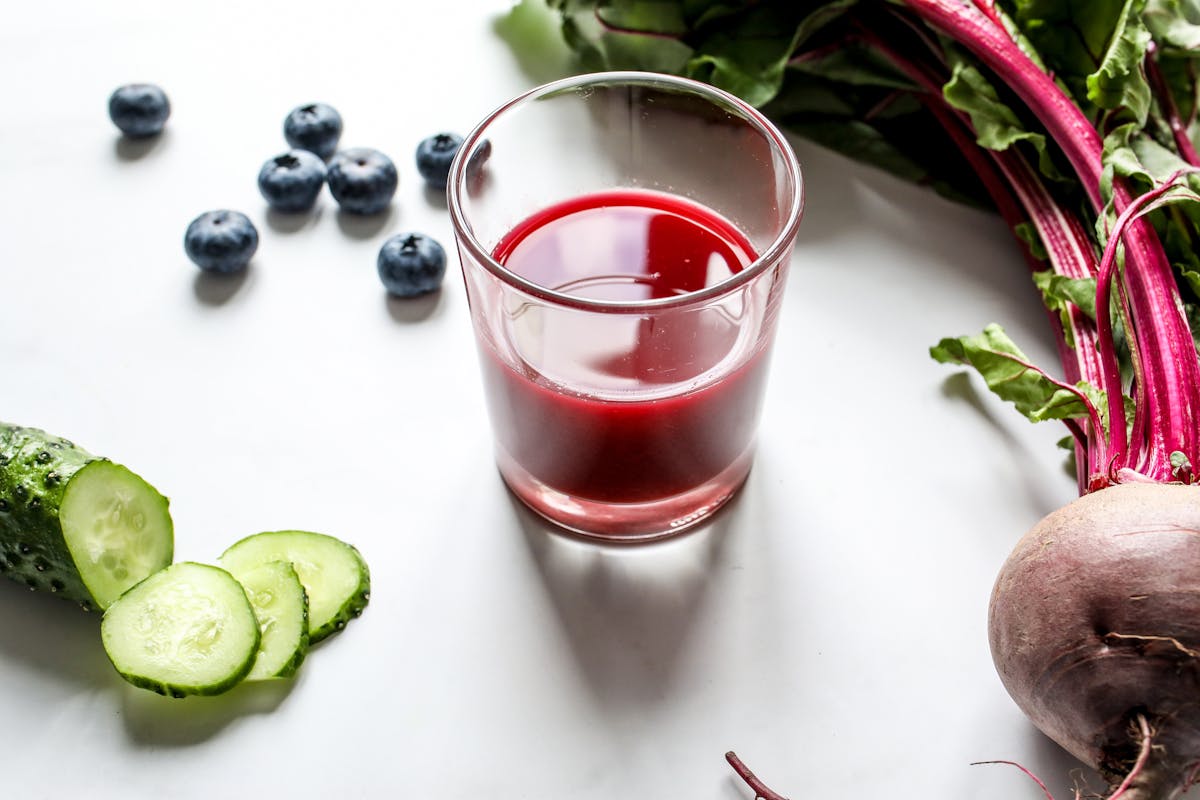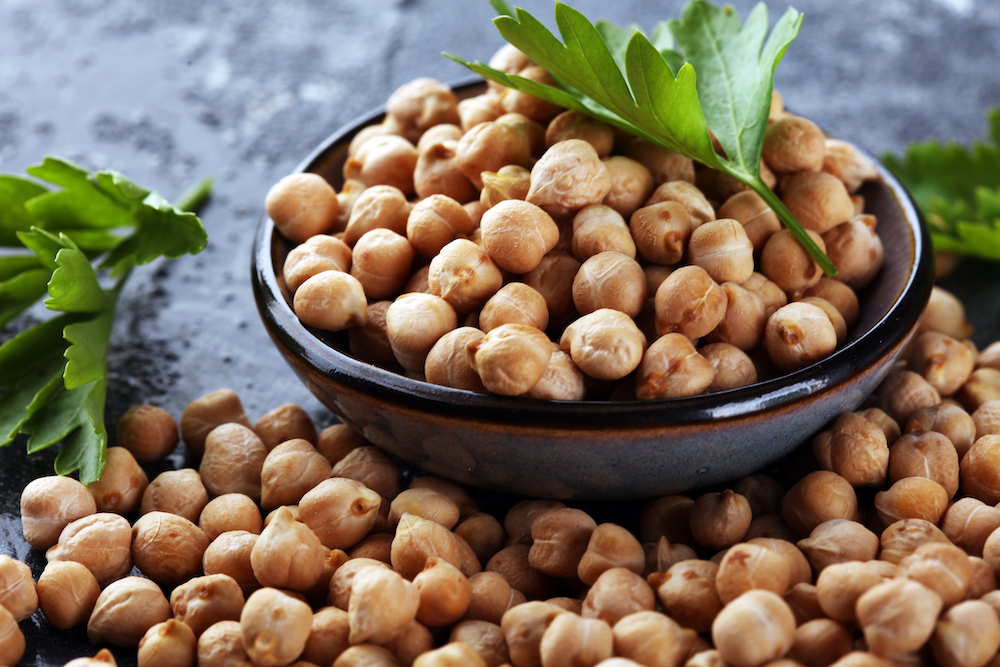
If Your Hair Is Falling Out, Which Vitamin Are You Lacking?
If hair loss is more pronounced or lasts longer than a few months, it would be wise to get blood tests: ferritin, vitamin D, B12, TSH (thyroid gland), and a complete blood count.
Thick and healthy hair, especially as we age, largely depends on nutrition, particularly vitamins. Therefore, if you lack certain vitamins, you may experience increased hair loss, reports Sombor.info.
Here Are the Vitamins You Should Replenish in That Case:
Vitamin D – Its deficiency is often linked to alopecia (hair loss), as it is important for hair follicles.
Vitamin B7 (Biotin) – Essential for hair growth; a deficiency can lead to increased hair loss and brittleness.
Vitamin B12 – Affects the health of red blood cells and oxygen delivery to hair follicles. Deficiency can result in hair thinning.
Iron – Deficiency (often in the form of anemia) is one of the most common causes of hair loss in women.
Zinc – A deficiency can lead to hair loss and poor growth.
Vitamin A – Both too much and too little of this vitamin can lead to hair problems.
Vitamin E – Acts as an antioxidant and supports scalp health.
To accurately determine your vitamin status, it’s best to get a blood test and consult with a doctor or nutritionist before taking supplements. Vitamins and minerals important for hair health can be replenished in three main ways: through diet, supplements, and proper care. Here's how:
Dietary Sources
Vitamin D
- Sunlight (15–20 minutes daily)
- Fatty fish (salmon, sardines, tuna)
- Eggs (yolk)
- Mushrooms (especially those exposed to UV light)
Biotin (Vitamin B7)
- Eggs (cooked, as raw eggs can bind biotin)
- Nuts (almonds, walnuts)
- Bananas, avocado
- Sweet potatoes
Vitamin B12
- Meat, fish, eggs
- Dairy products
- For vegetarians: supplementation or fortified products (e.g., plant-based milks with added B12)
Iron
- Red meat, liver
- Spinach, lentils, beets
- Pair plant-based iron sources with vitamin C (e.g., lemon, peppers) to enhance absorption
Zinc
- Pumpkin seeds, sesame, chickpeas
- Meat, seafood
Vitamin A
- Carrots, sweet potatoes, dark green leafy vegetables
- Liver (in moderation)
Vitamin E
- Nuts, sunflower seeds
- Vegetable oils (sunflower, olive)
- Avocado
Supplements
Multivitamins specially formulated for hair, skin, and nails often contain B-complex vitamins, zinc, biotin, and vitamin D. Biotin is commonly used in doses of 1000–5000 mcg daily but is not suitable for everyone. Take supplements only on medical advice, as excessive intake of vitamins (especially A and D) can be harmful.
Hair Care as Additional Support
Masks and serums with oils rich in vitamins (argan, castor, coconut oil)
Mild





